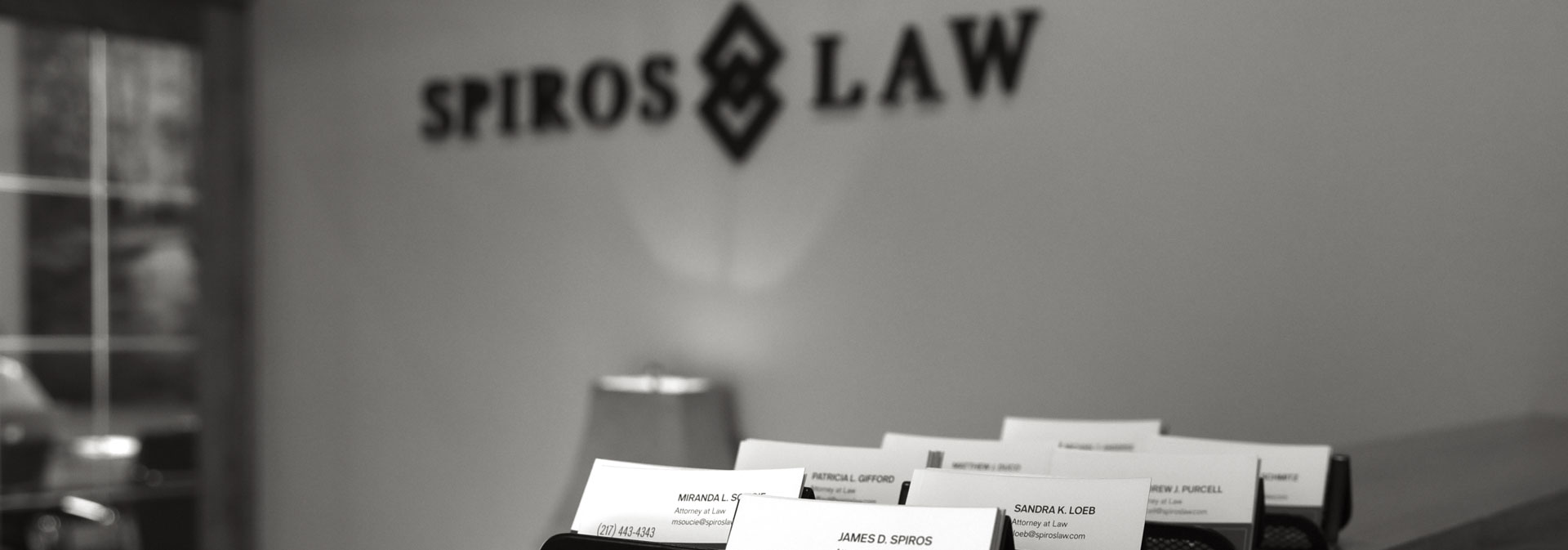When you’ve suffered an injury due to someone else’s negligence, filing a personal injury lawsuit – on top of dealing with medical bills and missed work – can feel overwhelming. Understanding what to expect can ease your worries and help you make informed decisions during the process.
First, you may be wondering if your injury can be filed as a personal injury claim.
A personal injury lawsuit is defined as a legal action brought by a person who has suffered harm due to another party’s negligence or wrongdoing. Common types of personal injury cases in Illinois include:
- Car crashes
- Semi-truck collisions
- Animal bites
- Slip-and-falls
- Work injury
- Product liability
- Farming injury
Having a skilled personal injury attorney assisting you is crucial in helping you seek the justice you deserve, which often involves recovering damages in the form of compensation. Damages may include medical expenses, financial losses caused by missed work, or emotional hardships.
Below, we’ll walk you through the typical stages of a personal injury lawsuit and answer some of the most common questions our clients have after being injured.
1. What Happens After I Hire a Personal Injury Attorney?
The process begins with filing a “complaint.” Once you hire an attorney, their first step is to listen and investigate your claim. To do this, your attorney will ask for medical records, police reports, witness statements, and any other evidence. Your attorney will analyze the facts and determine the value of your case based on your injuries, expenses, and losses.
Important Tip: Keep detailed records of your injuries, treatments, expenses, and the impact on your daily life. Stay consistent with medical care and communicate openly with your lawyer. Preparation and honesty go a long way toward a successful personal injury case.
2. What Is a Demand Letter?
Before filing a lawsuit, your attorney will typically send a demand letter to the at-fault party’s insurance company.
Prepared by your personal injury lawyer, this letter outlines the details of your case, including the nature and extent of your injuries, the costs your injuries have incurred, and the amount you are seeking in compensation.
The at-fault party’s insurance company may respond with a settlement offer, which can lead to negotiations between them and your attorney without going to court.
3. What If a Settlement Isn’t Reached?
If settlement negotiations fail, your attorney may recommend filing a lawsuit. This step initiates the formal legal process, which is known as litigation. The complaint is filed in court and served on the defendant, who then has a certain amount of time to respond.
4. What Happens During the Discovery Phase?
The discovery phase allows both sides to exchange evidence and documents. This can include:
- Depositions: In-person, sworn testimonies taken outside of court
- Interrogatories: Written questions from one party to another that everyone must answer under oath to gather further information
Discovery helps each legal team understand the strengths and weaknesses of the case before going to trial, often promoting more productive settlement negotiations.
5. Will My Case Go to Trial?
Most personal injury cases settle before going to trial, typically after the discovery phase or mediation. However, if both parties cannot agree on a settlement, then the case will proceed to trial.
During the trial, both sides will present evidence and witnesses to a judge or jury, and the judge or jury will then determine whether the defendant is liable and what damages should be awarded.
6. How Long Does the Process Take?
Every case is unique, so the timeline varies depending on factors like:
- The complexity of your case
- The extent of your injuries
- The total damages being claimed
- The court’s availability
- Each party’s willingness to negotiate
While some cases resolve within just a few months, others may take a year or more.
7. What Compensation Can I Receive?
Depending on your case, you may be entitled to compensation for:
- Medical expenses, both past and future
- Lost wages and/or loss of earning capacity
- Pain and suffering
- Emotional distress
- Property damage
Every case results in different settlement amounts, with the unique details of the case determining the outcome. The value depends on the severity of your injuries, their impact on your life, and how they may continue to affect your life in the future.
8. How Much Do I Pay My Attorney to Start My Claim?
Spiros Law works on a contingency fee basis, which means you don’t pay any legal fees unless your attorney wins your case. This fee is typically a percentage of your settlement or court award.
At Spiros Law, we fight so you can recover, first physically, and then financially. We get paid when you get paid.
Have More Questions About Filing a Personal Injury Claim in Illinois? Contact Spiros Law Today.
When you’re dealing with the complications of a serious injury, you need a skilled attorney by your side. Our team at Spiros Law will guide you through every step of the legal process, including gathering evidence and handling the insurance companies on your behalf.
We have a dedicated team ready to support you throughout your case, with offices conveniently located in Kankakee, Champaign, and Danville, IL. If you need trusted legal assistance, reach out to Spiros Law today.


